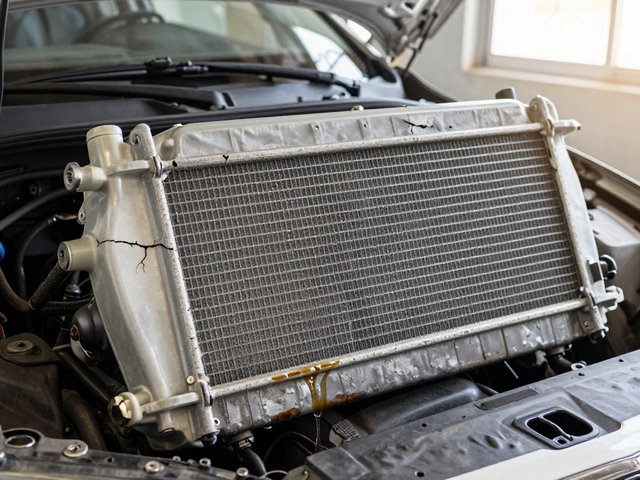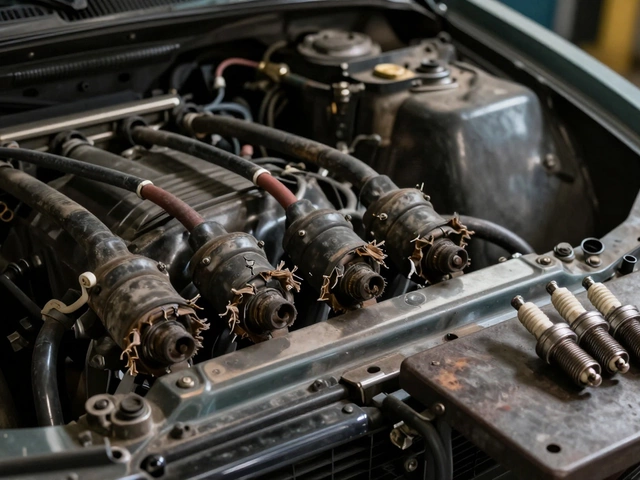Car Trouble Signs and Fixes: Diagnose Common Car Problems Fast
When your car starts acting up, it’s not just annoying—it’s a warning. Car trouble, any unexpected behavior in your vehicle that signals a mechanical issue. Also known as vehicle malfunction, it’s not always a blown engine. Often, it’s something simple you can catch early—like a weak battery, worn shocks, or a failing fuel pump. Ignoring it doesn’t make it go away. It just makes the repair bigger, pricier, and riskier.
Most car trouble starts with small signs you might brush off. A strange noise? A shaky ride? The engine light flickering? These aren’t random glitches. They’re clues. For example, if your car hesitates when you press the gas, it could be a bad fuel pump, a component that stops delivering fuel to the engine, causing stalling or no-start conditions. If your steering feels loose or your car bounces over bumps like it’s on a trampoline, your bad shocks, suspension parts that absorb road impact and keep tires planted. are likely worn out. And if your engine overheats or you see coolant puddles under your car, you’re dealing with radiator failure, a breakdown in the cooling system that can lead to total engine damage if ignored. These aren’t guesswork—they’re common, well-documented failures that show up in real cars, every day.
Then there’s the clutch. If your car revs but doesn’t move like it should, or you smell burning when you shift, you’ve got a slipping clutch, a worn clutch disc that can’t grip the flywheel properly, leading to power loss and eventual failure. It’s not something you can drive on forever. Same with brake rotors—warped or thin ones don’t just make noise, they make stopping slower and less safe. And if your oil looks like mud or your dipstick shows low levels, skipping an oil change isn’t saving money—it’s betting your engine’s life.
What You’ll Find Here
This collection isn’t theory. It’s real fixes for real problems. You’ll find step-by-step checks for fuel pumps, shock absorbers, brake rotors, radiators, and clutches—all based on what mechanics see daily. No jargon. No upsells. Just how to tell if something’s broken, how to test it yourself, and when to call in help. Whether you’re trying to avoid a tow truck or just want to know if that weird noise is serious, you’ll find the answers here. These aren’t guesses. They’re the facts drivers in Stevenage use to keep their cars running, safely and affordably.


